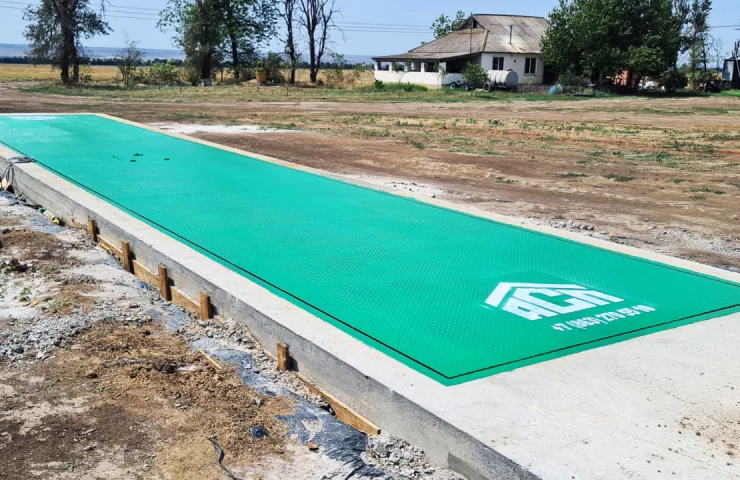Preparation for the next season is one of the most important stages for the agricultural enterprises of our country, the haste of harvesting the future harvest depends on the correct implementation of it. And the well-being and development of the enterprise depends on the successful harvesting.
During this period, it is more important than ever to carry out the planned procurement, service and repair work. This also applies to the purchase of truck scales, because without such equipment at the enterprise at present, it is extremely difficult to keep records of incoming and outgoing products.
The management of an agricultural enterprise from the Stavropol Territory came to the same understanding. For several years this enterprise has been weighing on truck scales manufactured by ASP, but at a neighboring agricultural enterprise. Such weighing brought a lot of difficulties, including additional cash costs. A request was sent for the possibility of supplying the same model of truck scales, ASP 80-20-4.
After considering the request, our specialists held telephone conversations to clarify the number of weighings per day, the seasonality of the load, the expected freight transport and its parameters. The terms of the project implementation, including each stage, were also discussed. Having agreed on all the technical issues, a contract was signed for the supply of 80 tons of 20 meter truck scales.
All the necessary materials and heavy equipment were delivered to the customer's facility within the established time frame. The customer determined in advance the installation site of the equipment and made markings for the construction site. Planning work was carried out to excavate the soil and build a monolithic foundation; the type of foundation in the "pit" was chosen for the project. This type of foundation makes it possible to avoid the exit of vehicles from the loading platform, and also has a longer service life due to lower shock loads on the platform of truck scales.
Upon completion of the foundation, installation work was carried out, which included the laying of signal cables, the installation of strain gauges, the installation of a load receiving platform and the removal of the weighing terminal to the weigher's room. Having completed all the installation work, the vehicle scales were fine-tuned using a reference load leased from the Stavropol branch of the CSM.
Upon reaching accurate readings, between the load on the platform and the readings of the terminal, the scales were transferred for primary state verification. These scales fully complied with all the declared metrological characteristics and successfully passed verification, as evidenced by the mark in the scale passport. Customers accepted the object in full, without any complaints.










